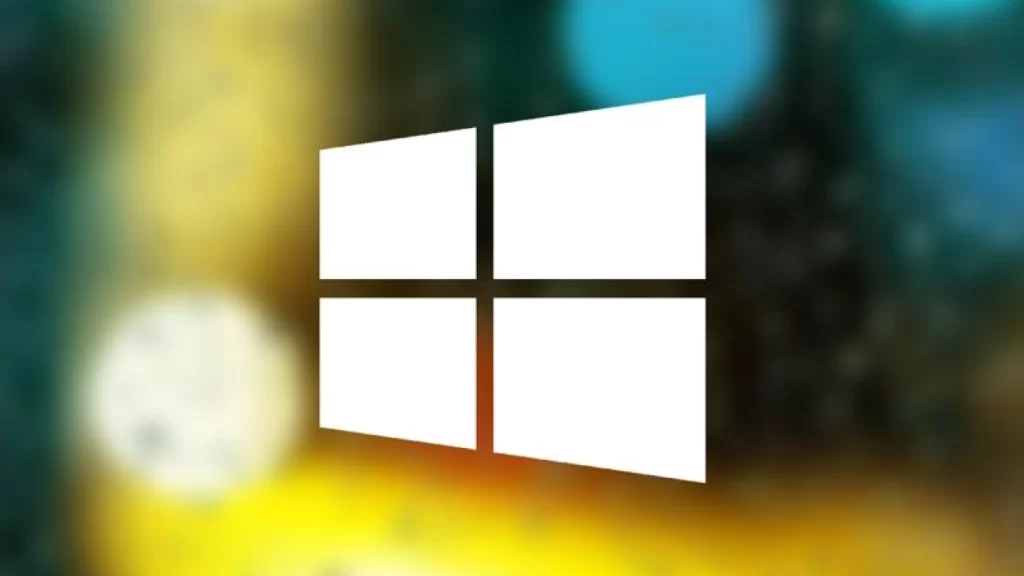
Microsoft’s “Windows 12” will be designed as a more modular system that will enable quick, frequent updates without much handholding from the user, according to a new report.
A Windows Central report claims that this new “CorePC” concept will strip Windows 12 (or whatever it’s known as) down to its component parts, representing another attempt at a “modern” version of Windows. As the story points out, Microsoft tried that with Windows 10X—but without the under-the-hood components that would actually simplify the operating system. (Subsequently, Microsoft cancelled Windows 10X but kept the user interface as part of Windows 11.)
The CorePC concept uses something called “state separation,” Windows Central says, which essentially breaks up the operating system into various partitions. It’s not clear whether these partitions would be user-accessible or not. The other advantage, apparently, is that separating various components into different partitions—virtual buckets, if you will—allows each partition to be managed and updated separately. This would theoretically allow for quicker, more seamless updates to the Windows OS.
You’ve seen hints of this before. Go back far enough, and Windows was once a giant, holistic thing updated via periodic service packs and feature updates. But in 2020 Microsoft introduced the Windows Feature Experience Pack, which allowed access to distinct features, and then “experiences,” which updated some of the core features of Windows outside of the normal update channels. Apps like Microsoft Edge, which Microsoft would normally update as feature releases, now have their own development track, too.
All this points to Microsoft making Windows more modular over time. What CorePC would do, apparently, is separate some of that code to make this new modularity approach even easier to implement. (A compatibility layer called Neon would help ease older apps into this new scheme, Windows Central reports.)
This new approach will have a number of potential benefits: yet another attempt by Microsoft to take on Chromebooks and Google’s Chrome OS in the low-end PC market, while potentially introducing more demanding AI apps into the more powerful upper echelons.
All this is being targeted at the next version of Windows, apparently code-named Hudson Valley. Will it happen? We’ll have to wait and see.